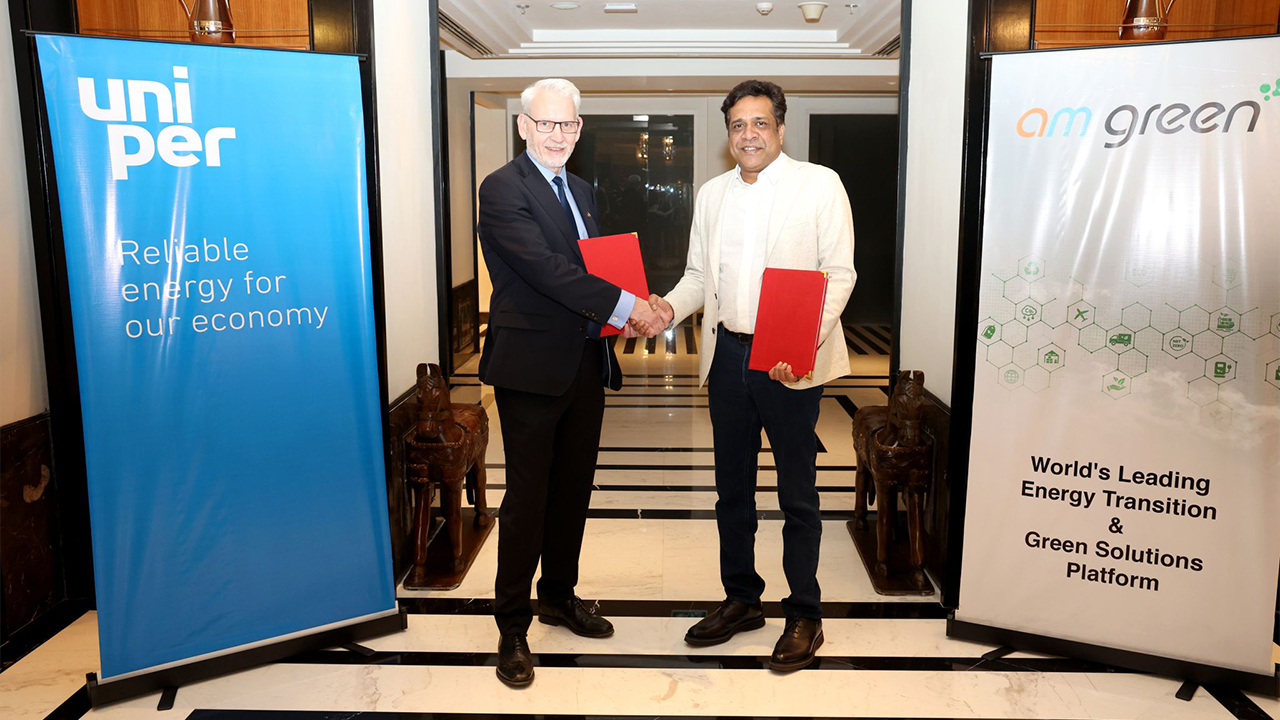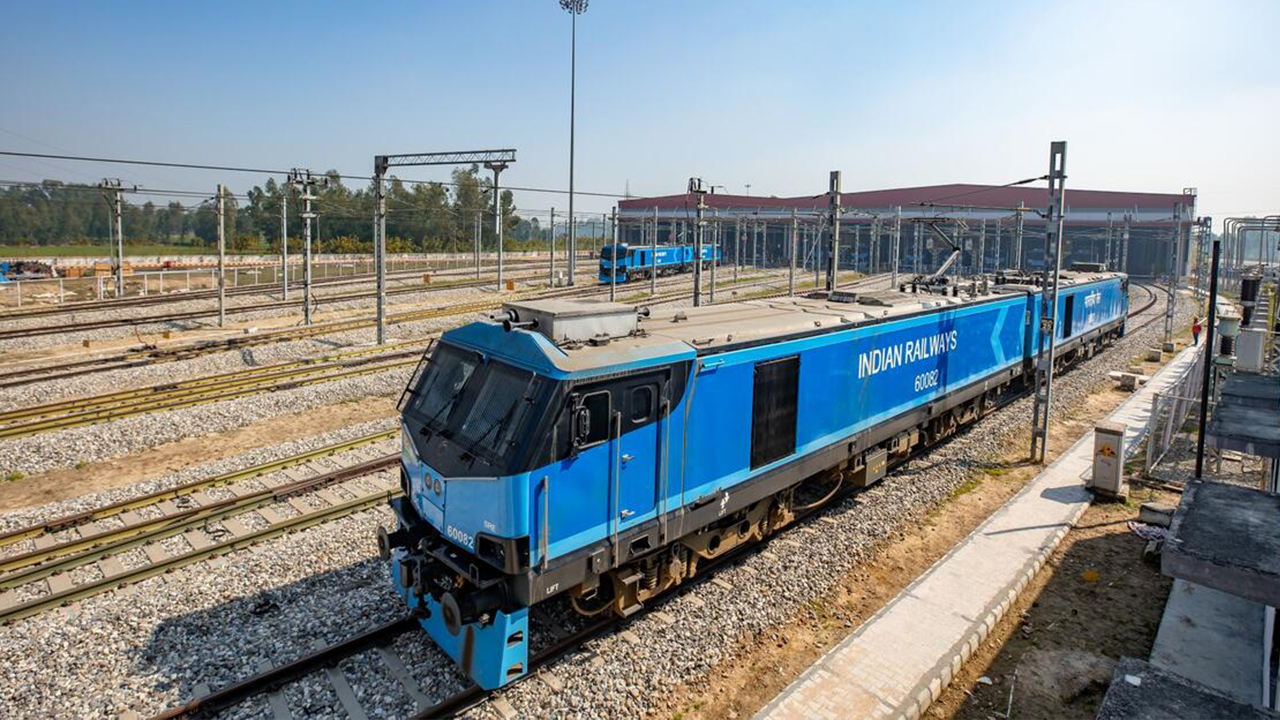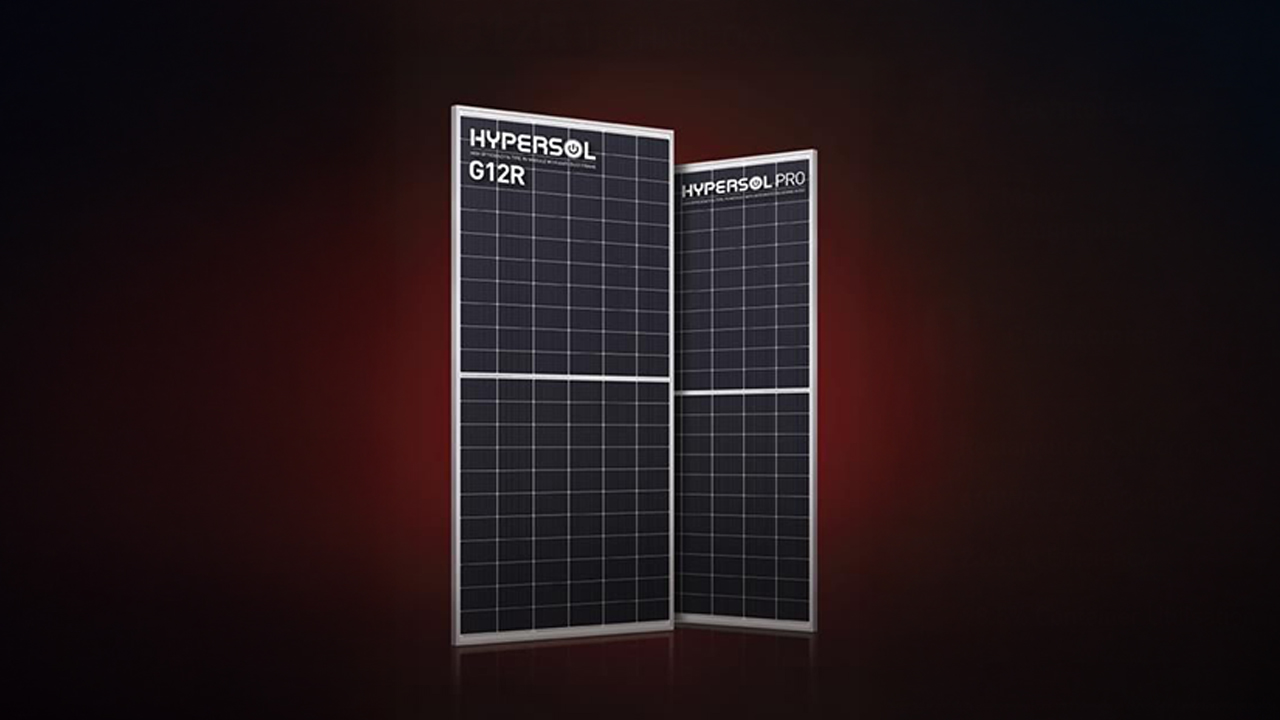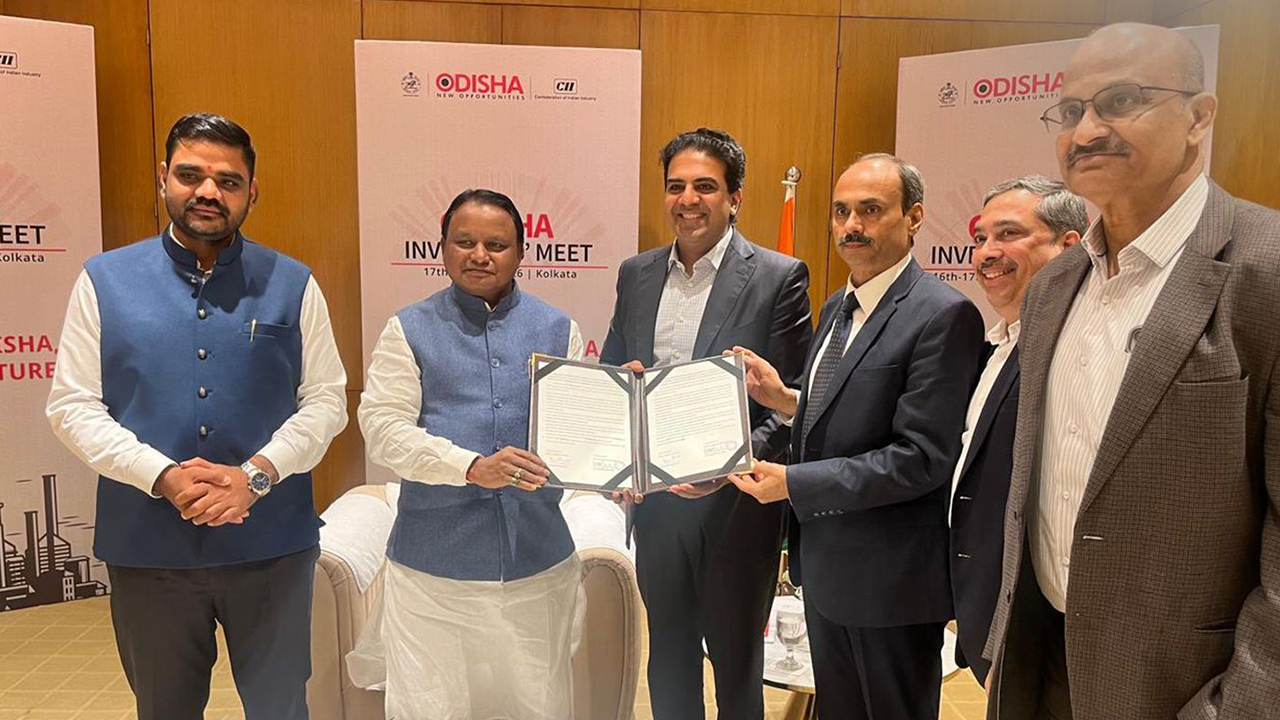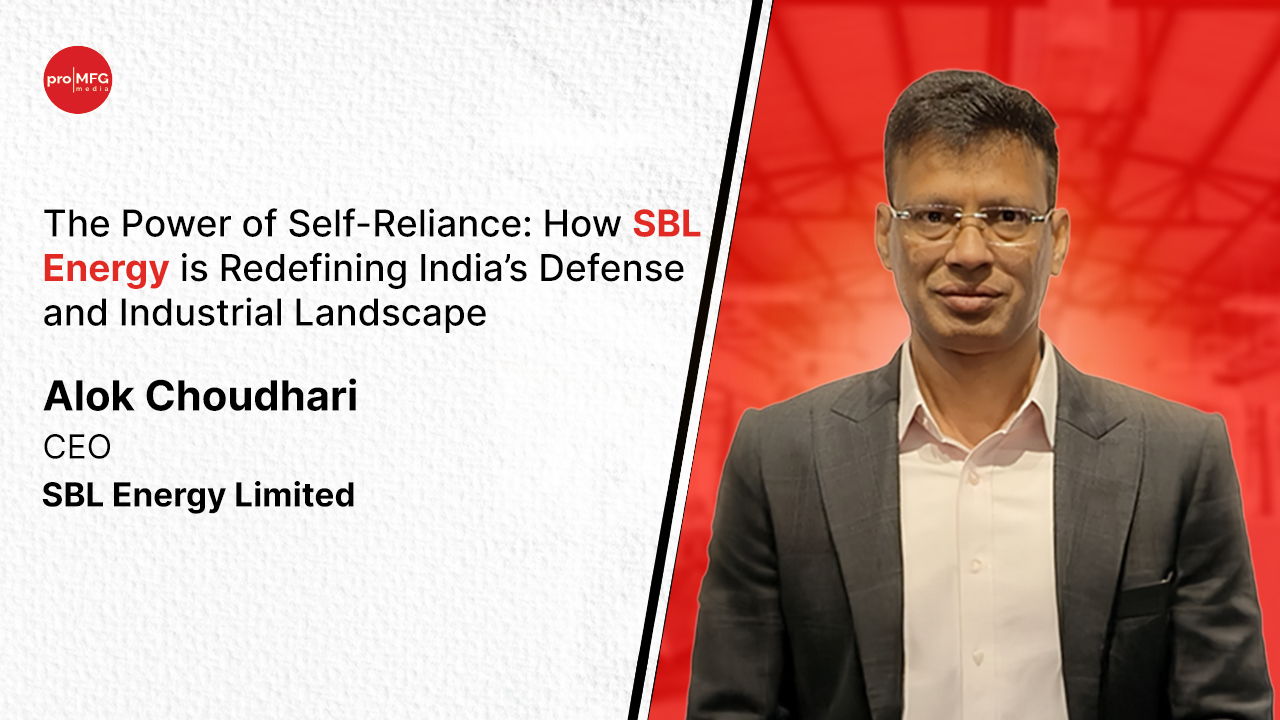Embedding sustainability in everything we do
#Sustainability #GreenhouseGasEmission #Huhtamaki #PackagingToday’s food ecosystem faces serious challenges. 25 percent of global greenhouse gas emissions comes from food systems and one-third of food produced is lost or wasted. This is where well-designed packaging can help, by preserving food for longer, preventing food waste and improving food safety.
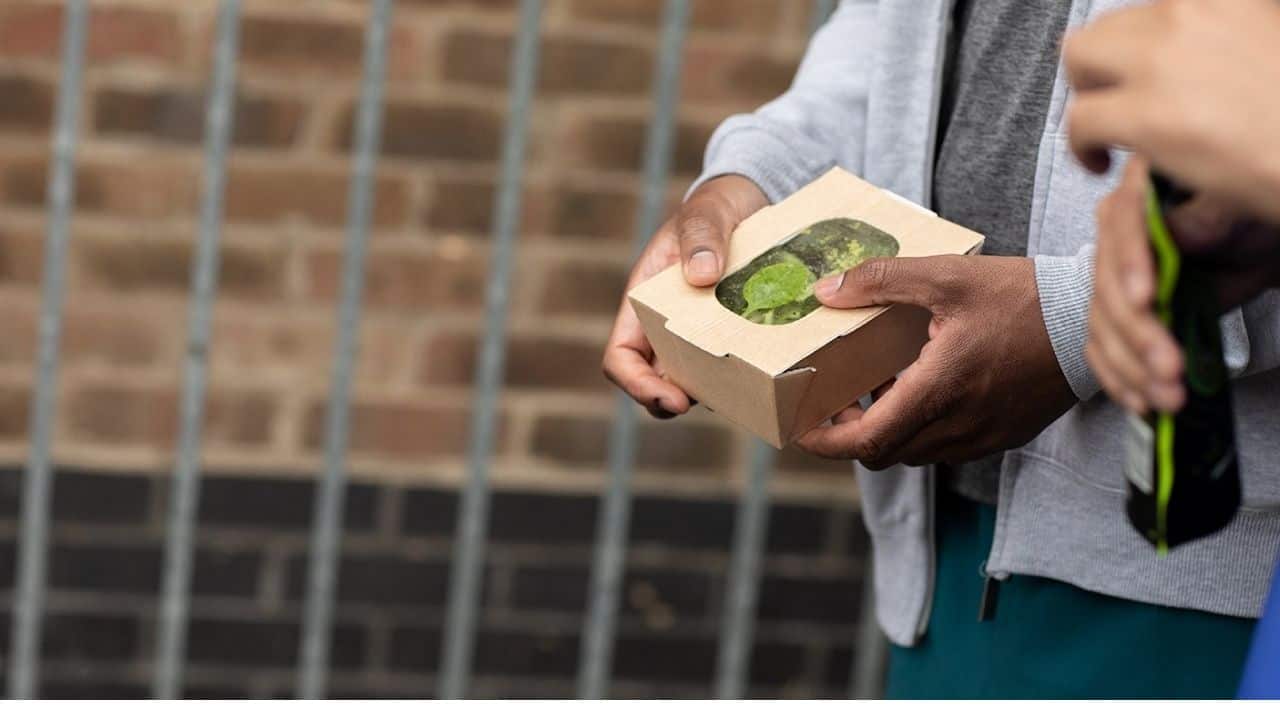
Packaging has a fundamental role in building sustainable and resilient food systems globally. But just as with all innovations, there are challenges to be dealt with. Each year over eight million tons of plastic packaging enters our oceans and recycling rates across the globe remain pitifully low.
There is the paradox. On the one hand, society wants to see fewer materials used, less packaging waste and less litter. On the other hand, it also wants safer products, less food waste and a longer shelf life. The debate should not be about more or less packaging. It should be about how we make packaging smarter and more sustainable with better end-of-life management; packaging that considers the full environmental, social and governance impacts.
We believe that the value of packaging is more than its impact on the planet and that we can make a difference in the food system value chain in several ways. Our ambition is to be the first choice in sustainable packaging solutions. Sustainability lies at the center of the Huhtamaki strategy. We support the UN Global Compact and the UN Sustainable Development Goals, and in 2020, we launched our 2030 sustainability ambitions. For example, within ten years we will be carbon neutral in our production, using 100 percent renewable electricity across our global operations.
In addition to sustainability, innovation is at the heart of Huhtamaki’s 2030 Strategy. We have committed to having 100 percent of our products designed to be recyclable, compostable or reusable by 2030.
Building the sustainable future in collaboration
In order to achieve our ambitions, we collaborate with key stakeholders – we believe that no one organization can address the challenges of sustainability alone. Together, we must build a common understanding of sustainable development that considers the balance between environmental, social and economic factors, and is based on fact-based conversations.
There are four elements in driving the change with the whole value chain: First, we must examine where gaps exist in each country’s current circularity infrastructure then introduce policies and mechanisms to bridge these gaps and provide waste management and recycling systems that meet today’s needs. Second, policies should support continued innovation and competitive sustainability by creating a framework which provides incentives for innovation. Third, circular business models should encourage consumers to reuse, repair and recycle. Last and most important, we are far more likely to deliver the best environmental outcomes by ensuring facts and evidence are the foundation for consumer behavior, decision-making and regulation.
In 2020, we established Think Circle, a platform that brings together key stakeholders from across the global food value chain to openly address issues in the pursuit of packaging circularity solutions and move towards finding solutions. By reflecting differing viewpoints from a range of contributors – such as leaders from academia, business, the European Parliament, NGOs and other key institutions – we hope to move the circularity dialogue forward, contribute to a common understanding, and help create general conditions for circular businesses to flourish, together.
As an advanced manufacturer, we are at the center of the value chain
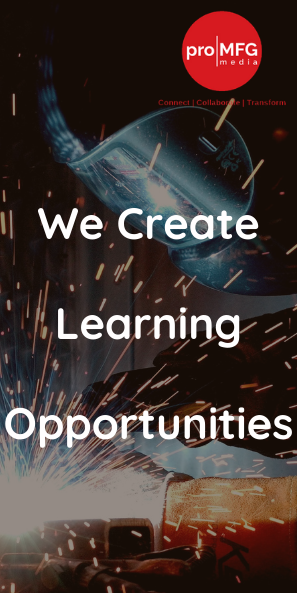
NEWSLETTER
TRENDING ON PRO MFG
MORE FROM THE SECTION



